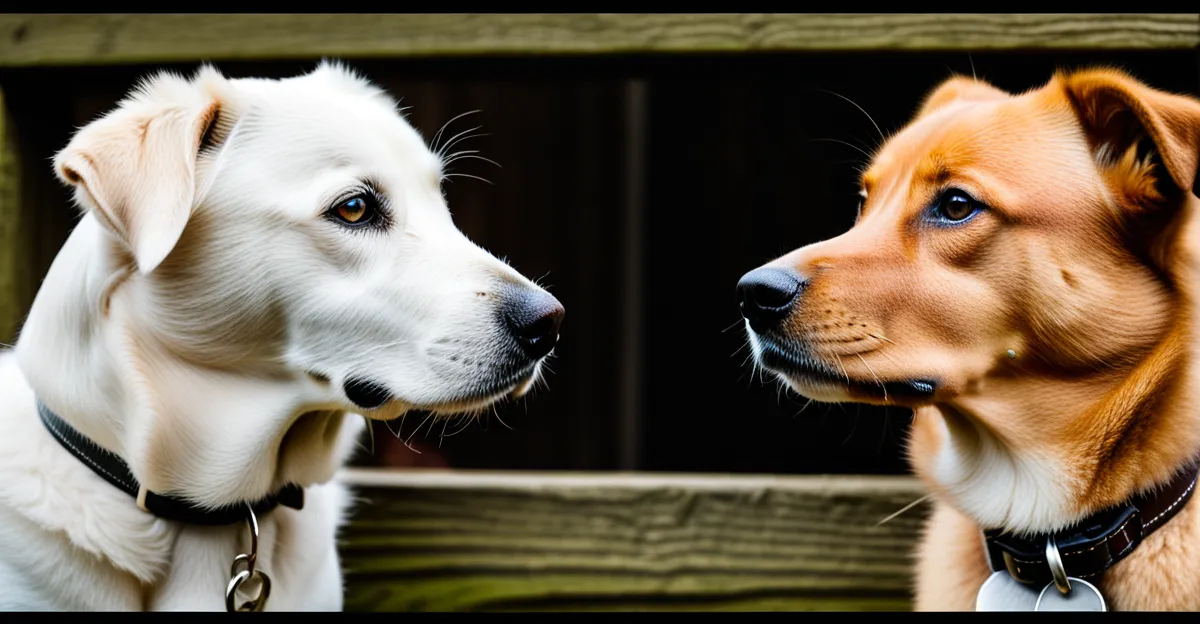Most Popular Pet Training Methods Among UK Owners
Understanding current pet training methods UK reveals a clear preference among owners for approaches that balance effectiveness with kindness. Positive reinforcement stands out as the leading method, embraced widely for its emphasis on rewarding good behaviour rather than punishing mistakes. This technique has gained prominence as it aligns with ethical standards and yields sustainable training outcomes.
Survey data consistently show that pet owner preferences lean heavily toward positive reinforcement. Approximately 65% of UK pet owners report using reward-based training methods, citing improved pet responsiveness and stronger owner-pet relationships. Complementing this trend is the growing use of professional trainers. Around 40% of owners have sought expert guidance, valuing bespoke advice tailored to their pet’s needs.
Also read : How do UK pet owners ensure pets are mentally stimulated?
Meanwhile, online courses have surged in popularity, especially during recent years. These platforms offer flexibility and accessibility, attracting roughly 30% of pet owners who appreciate the convenience of remote learning. However, while online resources are prolific, studies suggest that combining them with in-person sessions tends to achieve better behavioural improvements.
Comparative statistics highlight that while traditional, aversive methods are still in use by a minority, they are steadily declining due to awareness of their potential negative effects. Positive reinforcement, professional training services, and digital education represent the core of today’s pet training landscape in the UK, reflecting a shift toward more humane and effective practices.
Also to discover : How Can UK Pet Owners Make Their Homes More Pet-Friendly?
Factors Influencing UK Pet Owners’ Training Choices
Understanding the factors in pet training helps clarify why UK owners choose specific methods. One of the most significant motivators is pet behaviour itself. Owners often select training approaches based on the challenges they face, such as aggression, disobedience, or anxiety. These behavioural concerns prompt many to seek effective, humane solutions aligned with their expectations.
Convenience and cost also play pivotal roles in pet owner motivations. Methods that fit busy schedules and budgets are preferred, which explains the rising popularity of both in-person and online professional training options. Accessibility matters greatly, especially in rural or underserved areas where face-to-face training may be limited. Here, digital platforms provide much-needed alternatives, influencing pet training preferences UK noticeably.
Demographic variables such as age and location further shape choices. Younger owners tend to favour technology-driven training tools, while older generations often rely on traditional advice from veterinarians or experienced trainers. The type of pet is another crucial factor; for example, dog owners may prioritise obedience classes, whereas cat owners often seek behavioural consultations, reflecting diverse pet training methods UK.
Taken together, these elements underscore that training decisions are multifaceted, balancing practical needs, expert recommendations, and individual pet characteristics to meet owners’ expectations effectively.
Positive Reinforcement and Other Favoured Techniques
Positive reinforcement training UK remains at the forefront of pet training methods UK, with a strong emphasis on reward-based training as the preferred approach. Studies and surveys indicate that around 65% of UK pet owners actively use reward-based training, appreciating its focus on reinforcing desired behaviours through treats, praise, or play. This method encourages pets to repeat good behaviours by associating them with positive outcomes, making training more engaging and humane.
Compared to traditional, aversive methods, reward-based training is widely regarded as more effective and less stressful for pets. Traditional techniques often involve punishment or negative stimuli, which can lead to fear, anxiety, and diminished trust between pets and owners. In contrast, positive reinforcement fosters a cooperative learning environment, enhancing the bond between owner and pet. Many professionals advocate for starting training with rewards to ensure better compliance and long-term behavioural improvements.
Popularity of reward-based methods is also reflected in its growing adoption across different pet species, not only dogs but increasingly among cats and smaller animals. However, it is important to note that combining positive reinforcement with consistency and clear communication is key to achieving the best results. Experts recommend that pet owners tailor their approach to individual pet needs while maintaining patience and persistence.
In summary, popular training methods pets UK are clearly moving towards kinder, more effective techniques with positive reinforcement training UK leading the way. This approach aligns with evolving ethical standards and pet owner preferences, making it a cornerstone of modern pet training trends in the UK.
Impact of Professional Training Classes and Online Resources
Pet training classes UK have become a cornerstone for many owners seeking structured guidance. These professional trainers UK offer tailored sessions that address specific behavioural issues, resulting in noticeable improvements for a significant portion of participants. Classroom environments foster socialisation opportunities, especially important for dogs, enhancing communication skills and obedience through hands-on practice. In-person training also allows immediate feedback, enabling trainers to adjust methods based on pet responses, which improves overall training effectiveness.
Meanwhile, online pet training has experienced rapid growth as a flexible and accessible alternative. Many owners appreciate the convenience of learning at their own pace, making online pet training a popular choice for busy lifestyles or those in remote areas. However, the lack of real-time interaction means some training nuances, like subtle behavioural cues, can be missed. Despite this, digital platforms often integrate video demonstrations and interactive modules that engage pets and owners alike, offering a valuable supplement to traditional methods.
UK pet owners and trainers frequently recommend a hybrid approach combining professional classes with online resources. This blend leverages the immediacy and expertise of face-to-face sessions while maintaining the convenience and reinforcement opportunities provided by digital tools. Survey data indicate that owners using this combined strategy report higher satisfaction and better behavioural outcomes, highlighting the complementary strengths of both training avenues. Overall, professional training classes UK and online pet training resources together shape a dynamic and effective landscape for current pet training methods UK.
Species-Specific Training Preferences and Outcomes
Pet training methods UK show clear variation when comparing species, notably between dogs, cats, and smaller pets. Dog training UK remains the most developed segment, with obedience classes and socialisation-focused approaches dominating. Dogs benefit from structured group sessions, where professional trainers UK can guide both pets and owners through consistent routines. These sessions address common behavioural issues such as leash pulling, recall, and aggression, which are easier to manage in a classroom environment due to dogs’ social nature.
In contrast, cat training often prioritises modification of undesirable behaviours rather than obedience commands. Cats typically respond better to gentle, reward-based techniques like positive reinforcement training UK but require different strategies tailored to their more independent temperament. Common goals include litter training, scratching control, and reducing anxiety-related behaviours. Survey data indicate that fewer cat owners pursue formal classes, opting instead for online resources focused on behaviour consultation or enrichment activities specific to feline needs.
Species-specific pet training UK also extends to smaller animals such as rabbits or rodents, where emphasis lies in gentle handling and environmental enrichment rather than formal command training. Owners of these pets tend to prefer individualized advice from professionals or tailored online modules addressing species-specific welfare and behaviour.
Understanding these distinct preferences helps clarify why pet training preferences UK must consider species differences to optimise outcomes. Each species demands particular methods reflective of its natural behaviour and learning style, influencing the popularity and effectiveness of various training options among UK pet owners.









